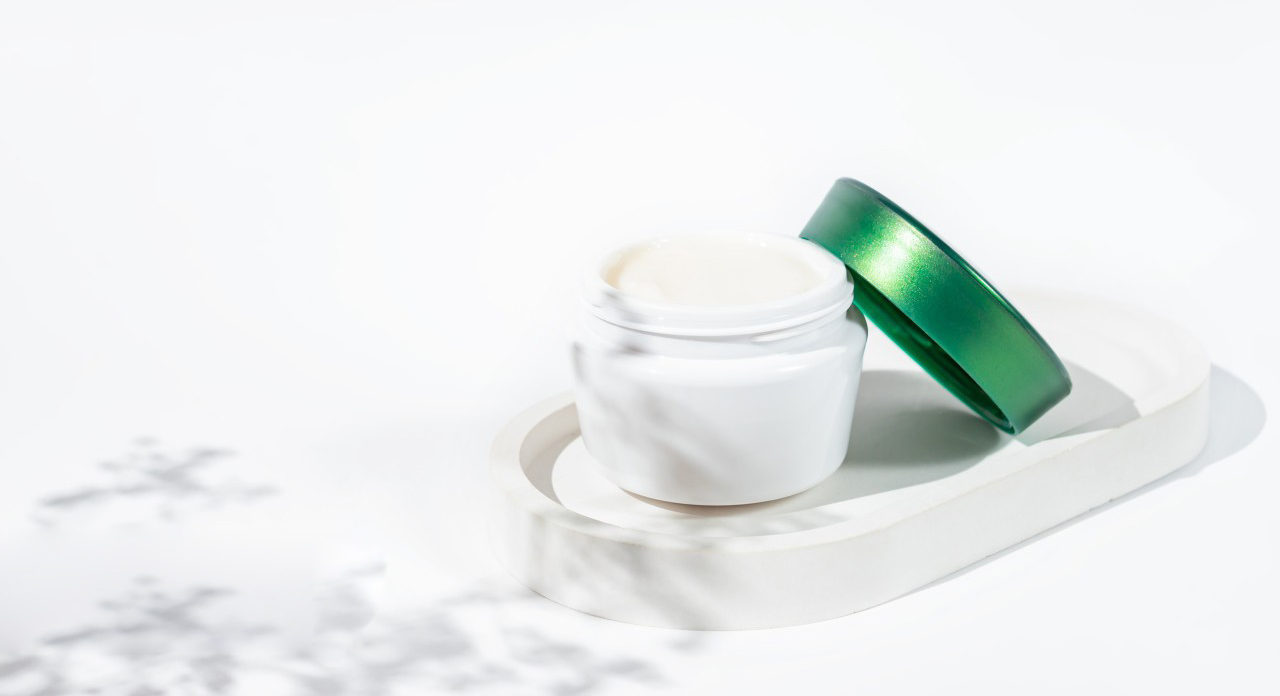Studying white willow extract involves exploring its botanical properties, historical uses, active compounds, potential health benefits, and safety considerations. Here’s a comprehensive overview:
Botanical Overview:
- Scientific Name: Salix alba
- Common Names: White willow, European willow
- Description: A deciduous tree native to Europe and Asia, known for its slender leaves and grayish bark.
Active Compounds:
- Salicin: Primary active compound, a natural precursor to salicylic acid.
- Flavonoids: Including flavonols and catechins, contributing to antioxidant properties.
- Phenolic Glycosides: Various compounds with potential health benefits.
Historical Use:
- Traditional Medicine: Used for centuries in traditional European and Asian medicine for pain relief, fever reduction, and inflammatory conditions.

Health Benefits and Current Research:
- Pain Relief: Acts similarly to aspirin in relieving pain and inflammation due to salicin’s conversion to salicylic acid.
- Anti-inflammatory Properties: Potential benefits in managing chronic inflammatory conditions.
- Antioxidant Effects: Flavonoids and other compounds contribute to antioxidant activity, protecting cells from oxidative stress.
- Cardiovascular Support: Some studies suggest potential benefits for heart health due to anti-inflammatory and blood-thinning effects.
Clinical Studies:
- Osteoarthritis: Several studies have shown promising results in reducing pain and improving joint function.
- Headaches: Limited evidence suggests potential effectiveness in reducing headache intensity and frequency.
- Safety and Tolerability: Generally well-tolerated when used appropriately, though caution advised for individuals allergic to aspirin or with certain medical conditions.
Forms and Usage:
- Extracts: Available in various forms including capsules, tablets, and tinctures.
- Dosage: Recommended dosages vary; typical ranges for salicin content are around 120-240 mg per day for pain relief.

Considerations:
- Side Effects: Potential gastrointestinal upset, allergic reactions, or interactions with medications.
- Contraindications: Avoid use in children, pregnant or breastfeeding women, and individuals with certain medical conditions without medical supervision.
Conclusion:
White willow extract offers a natural alternative for pain relief and anti-inflammatory benefits, rooted in historical use and supported by modern research. As with any herbal supplement, consulting healthcare providers is advisable, especially for those with pre-existing conditions or taking medications.
For a detailed and up-to-date understanding, reviewing recent clinical trials and expert reviews would provide the most comprehensive insights into its efficacy and safety.
